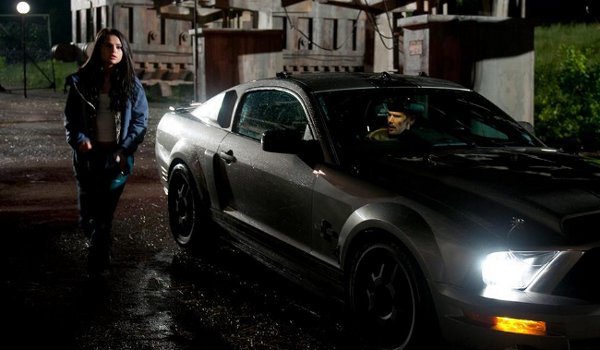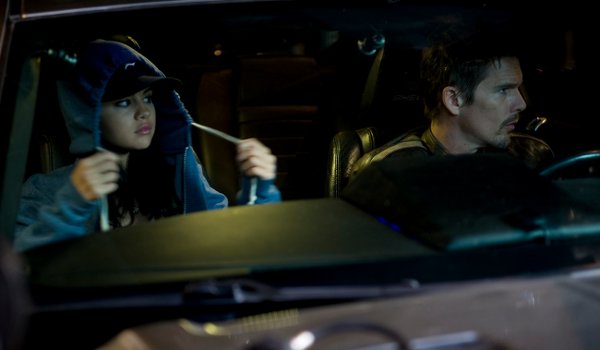- Title: Getaway
- IMDB: link

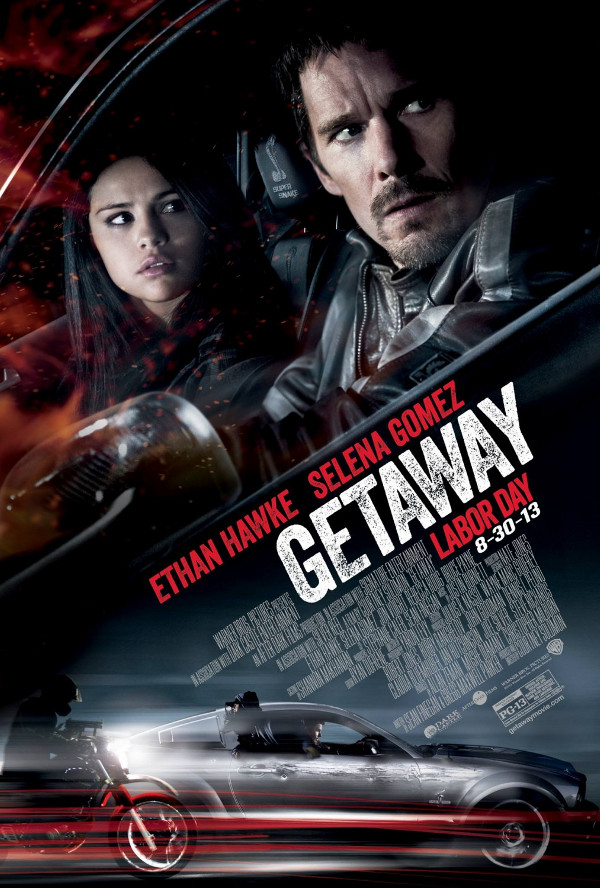 From the director of Dungeons & Dragons comes a convoluted chase film that makes the logic behind The Chase look sound by comparison. You know you’re in trouble when you start a review with any variation of that sentence. To be fair to director Courtney Solomon, the many issues I have with Getaway have far more do with the troubled script by Sean Finegan and Gregg Maxwell Parker than the director’s occasionally worthwhile attempts to make a story impossible to take seriously moderately engaging. (How’s that for a ringing endorsement?)
From the director of Dungeons & Dragons comes a convoluted chase film that makes the logic behind The Chase look sound by comparison. You know you’re in trouble when you start a review with any variation of that sentence. To be fair to director Courtney Solomon, the many issues I have with Getaway have far more do with the troubled script by Sean Finegan and Gregg Maxwell Parker than the director’s occasionally worthwhile attempts to make a story impossible to take seriously moderately engaging. (How’s that for a ringing endorsement?)
We’re thrown right into the overly complex plot as former professional driver Brent Magna (Ethan Hawke) steals a suped-up Shelby Mustang Super Snake after thugs working for a nameless voice (Jon Voight) on the phone kidnap his wife (Rebecca Budig). The choice to jump right in and show the kidnapping in broken flashbacks (as if Magna is piecing together what happened from the evidence left behind) works well. The trouble, however, starts once he gets behind the wheel of the car and begins taking orders from his new boss.
Ordered to drive recklessly around town as possible, Magna is obviously a distraction for the man behind the scenes who is monitoring the driver’s every move through the use of several cameras positioned both inside and outside around the frame of the car. Along for the ride is a carjacker (Selena Gomez) who, like Magna, doesn’t become involved by accident. Although she adds some energy and someone for Hawke’s character to interact and argue with, Gomez feels miscast in a role that ten years ago would have been perfect for Michelle Rodriguez as the rebellious computer hacker/vintage car grease monkey.
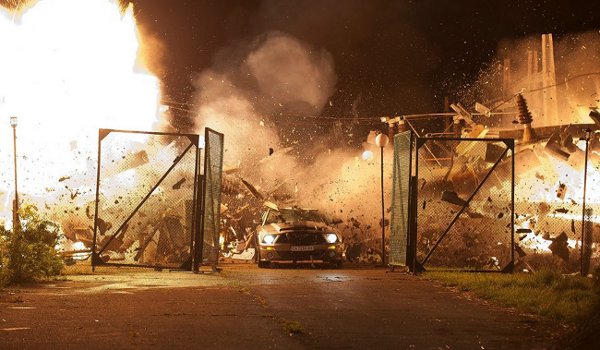
Getaway is one of those movies where you have chase scenes in and around small European streets with an increasing number of roadblocks that still somehow never leads to more traffic than our driver can weave in and out of with out exerting too much effort. By the time Magna runs into his first traffic jam we’re already more than 75 minutes into the film’s 90-minute running time.
The more Magna drives around doing the villain’s bidding, which mainly is to find ways to wreck as many police cars as possible while drawing the attention of all the city’s law enforcement upon the car (which they still manage to loose with shocking regularity), the harder it becomes to take seriously. And despite the circumstances, Magna certainly does his share damage to both property and human beings before all is said and done. Of course Getaway isn’t the kind of movie that wants you to think about consequences as it races into its next action sequence at full speed.
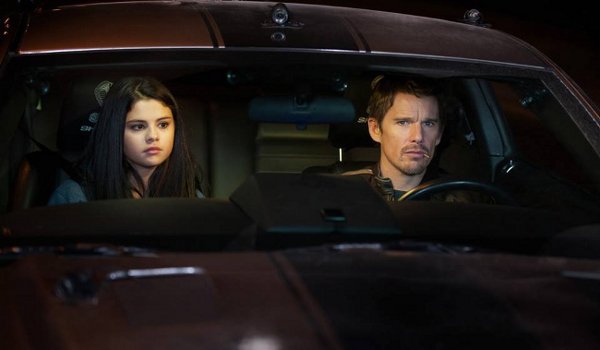
And I’ll admit the film is helped by quite a few crash scenes and several car chases. The method of how the car is fitted with its many cameras allows the director to get inventive in how he shows several of the chases by using a variety of different camera angles and footage. After the novelty of this wears off, however, you begin to notice there’s so much quick-cutting going on you aren’t getting any kind of extended view of any of these chases you really want. The exception comes in the manner of a first-person camera sequence (which I assume was done by mounting a camera to the trailing car) used in the final car chase which works so well you have to wonder why they wanted so long to try it.
The film steals liberally from a variety of films most notably Speed and Die Hard (the kidnapping is even set at Christmas with holiday music used for the movie’s closing credits). Lacking in terms of believability and originality Getaway is impossible to recommend as anything more than a late-night Redbox rental (and even then only for connoisseurs of tepid B-movie trainwrecks or fans the film’s stars).

